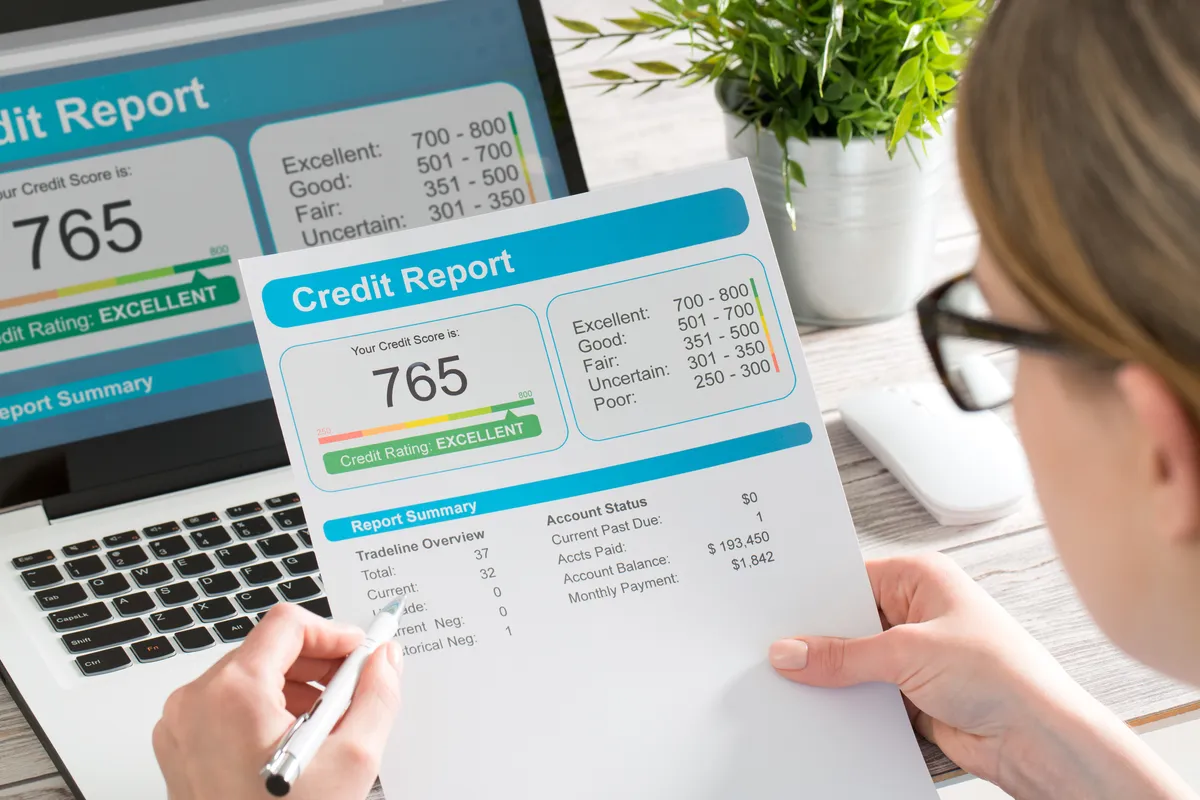Credit Management
Understanding How New Credit Scoring Formulas Will Affect You

It’s the new year, and tackling your credit and eliminating debt made it to your list of Resolutions…again.
It’s essential to keep in mind several basic concepts in eliminating debt and building a solid credit score while also understanding the changes that are taking place in the industry that could affect your score positively or negatively.
You’re familiar with the three credit bureaus, Equifax, Experian, and Transunion, but are you aware that they use different models to determine your credit score, i.e., your creditworthiness? The two main models are VantageScore and FICO, and both have instituted new metrics recently that you need to be aware of that may affect your score.
VantageScore
You may already be familiar with VantageScore 3.0, where your score can range from 300-850 based on the information on your credit report. The formula considers the amount of credit you have, your usage, and your payment history to determine this score.
The newer version, VantageScore 4.0, still uses these factors to determine your credit score; however, they are now looking at public records, collections, and what is considered “trending data.” So, another way to think about this is, what are your habits over the last 24 months, instead of strictly factoring your data over the last 30 days?
You may incur more credit card debt around the holidays or during the summer for vacation. These more seasonal factors showing your spending trends will now be considered.
More emphasis will be placed on your new credit and less on your balance with this new metric.
FICO 10 and FICO 10T
FICO has also offered an updated version of its reporting using trending data.
So much so that the “T” for “trending” is in the name FICO 10T.
They have also updated its basic system to FICO 10. It seems that lenders will use FICO 10 scores for their decision-making process; however, we’re not sure when, as most are still using the previous FICO 8 for their lending purposes.
What You Can Do
To maintain or even increase your credit scores, there are several things that you need to keep doing and a few things you may want to consider doing differently.
Of course, you need to make your payments on time. It’s even suggested that you make more than the minimum payment or several monthly payments to cut down on the number of interest charges you accrue.
If you have taken out a personal consolidation loan to pay down your credit cards, be careful not to run those balances up on the cards again. You will see a loss of points if you do so.
Ensure you don’t apply for too much new credit, as it alerts potential lenders to possible financial distress. Keep your balances as low as possible and create a plan to pay off the higher-interest credit cards as soon as possible.
Although you may have some older cards that you don’t use regularly, you may still want to keep those accounts open to increase your total credit available.
Improve Your Financial Knowledge
We understand how this new information can feel overwhelming when you’re looking to get out of debt and get a handle on your finances. At Remynt, we’re here to help you gain financial literacy and improve your overall financial health.